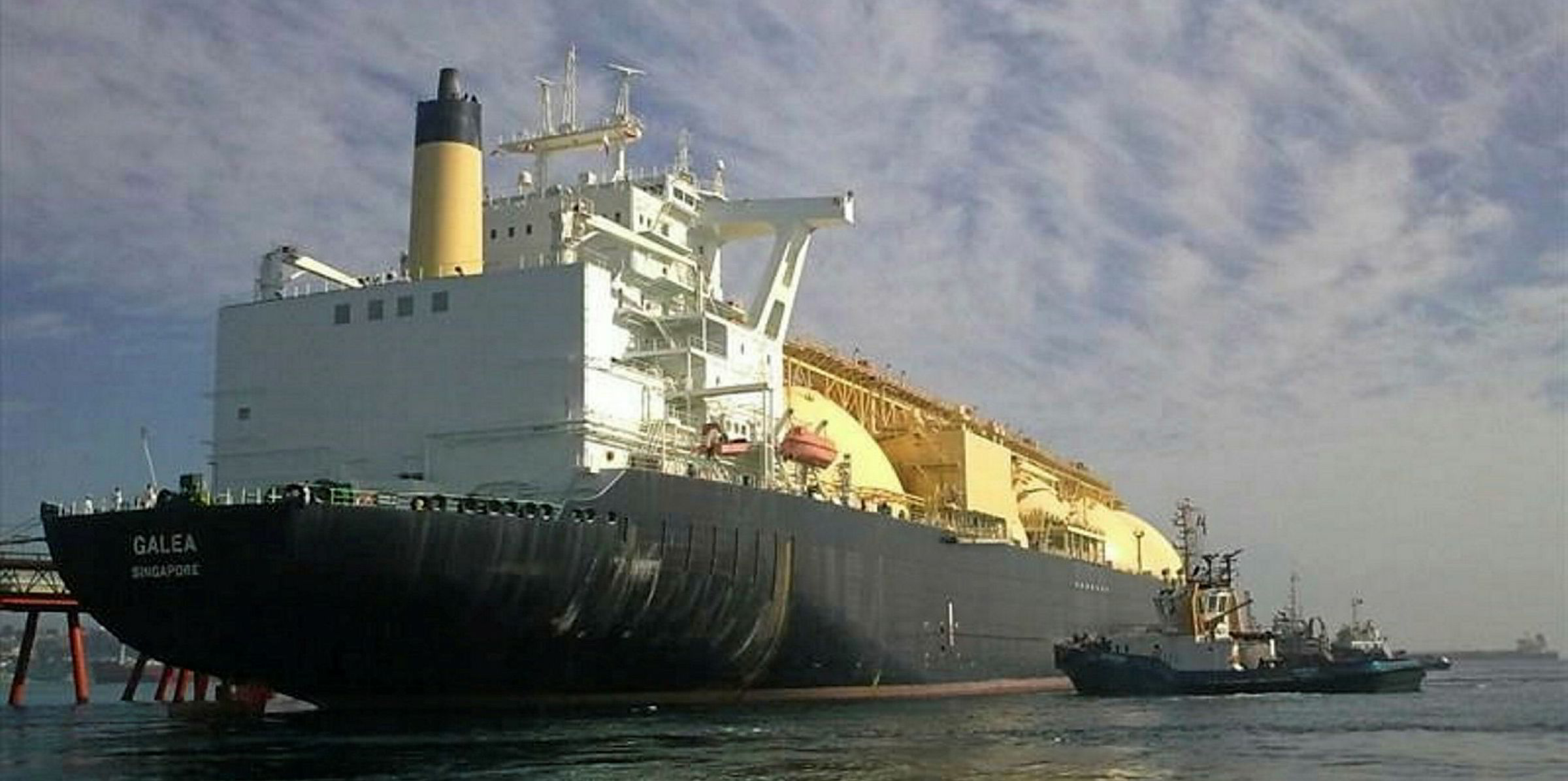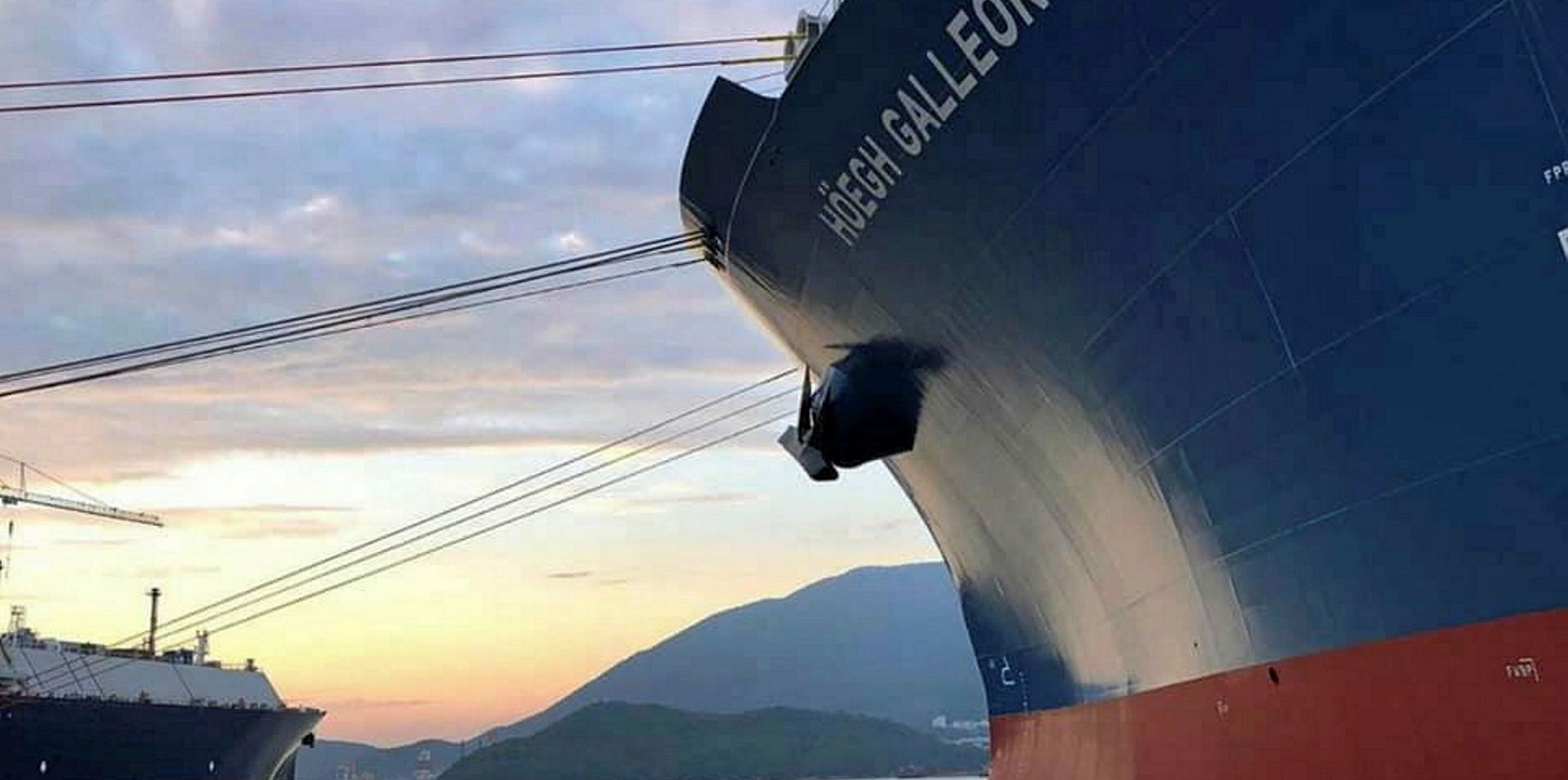Gas hungry Cyprus has secured the next round of funding for its planned €300m ($319m) floating storage and regasification unit-based LNG import terminal, and is in final stage talks for the remaining cash.
Late last week, the Mediterranean island state’s parliamentary finance committee approved €43m for the project from the Electricity Authority of Cyprus (EAC).
About €100m of funding has already been secured from the European Union.
Symeon Kassianides, who is chairman of Cyprus’ state-run Natural Gas Public Co of Cyprus (DEFA), told TradeWinds that talks with the European Bank for Reconstruction and Development and the European Investment Bank for the rest of the finance are in the final stages.
Last year, a consortium of China Petroleum Pipeline Engineering, Metron, Hudong-Zhonghua Shipbuilding Group and Wilhelmsen Ship Management were selected to build the terminal.
A Shell-owned, Moss-type LNG carrier, the 136,967-cbm Galea (built 2002), will be converted into the FSRU for the project.
Monopoly
A new vehicle, Cyprus Natural Gas Infrastructure Co, which is 70% controlled by DEFA and 30% by the EAC, will own the FSRU, jetty and landside infrastructure.
By the end of this month, bids are due in for the owners’ engineer, which will oversee construction of the planned terminal.
Once notification is given to go ahead with construction, DEFA will also float parallel tenders for LNG supply and an open season for users of the facility.
The terminal is due to be operational by 2022.
Under the government’s proposals for LNG imports, DEFA will have the monopoly for 10 years on all import and distribution of gas on the island.
Last week, it emerged that Norway’s Hoegh LNG, working in partnership with trader Vitol’s interests, is pursuing an alternative LNG import project.
Hoegh said it is working with Vitol’s VTTI Group company VTT Vasiliko, which owns an existing jetty in Vasilikos Port, and Cypriot outfit H4E GasFuel on the project.
Under the plan, an existing Hoegh FSRU would be moored at the jetty and could be operational for LNG imports by early 2021.
Industry sources in Cyprus, a country that has been trying to progress an LNG import project for the past 10 years, said it would be unlikely to see two LNG import projects move ahead.






